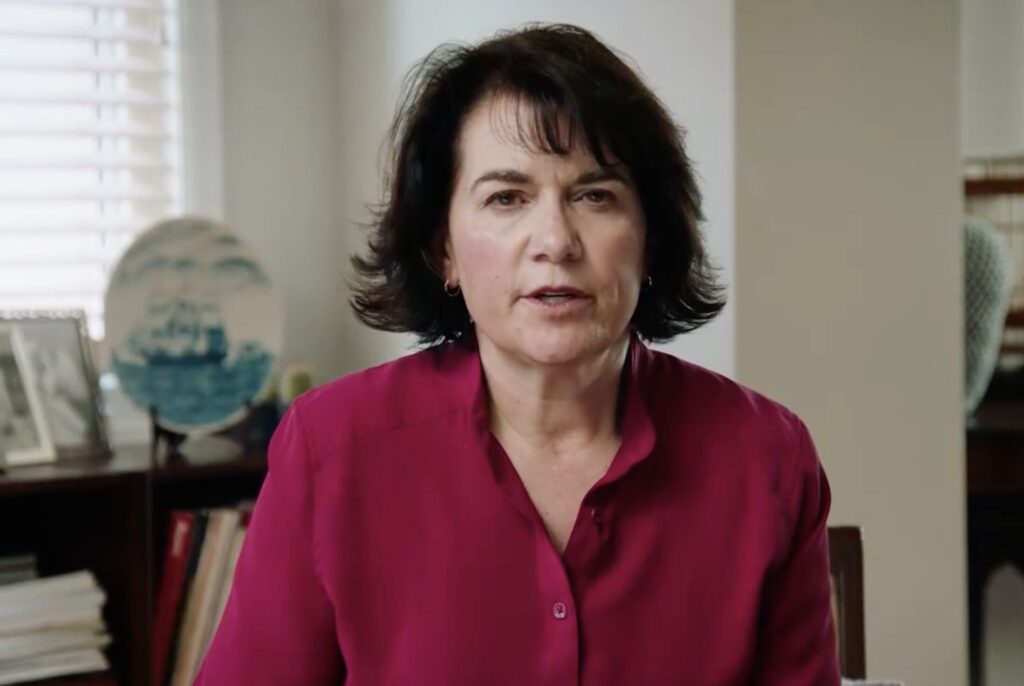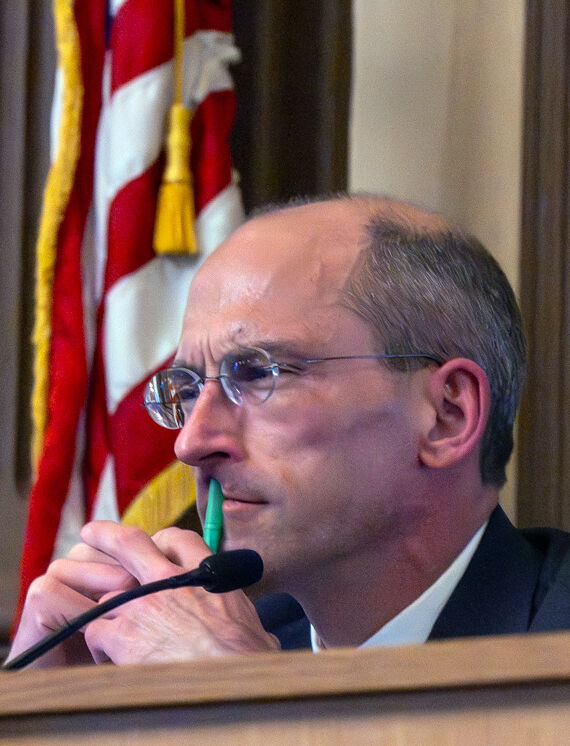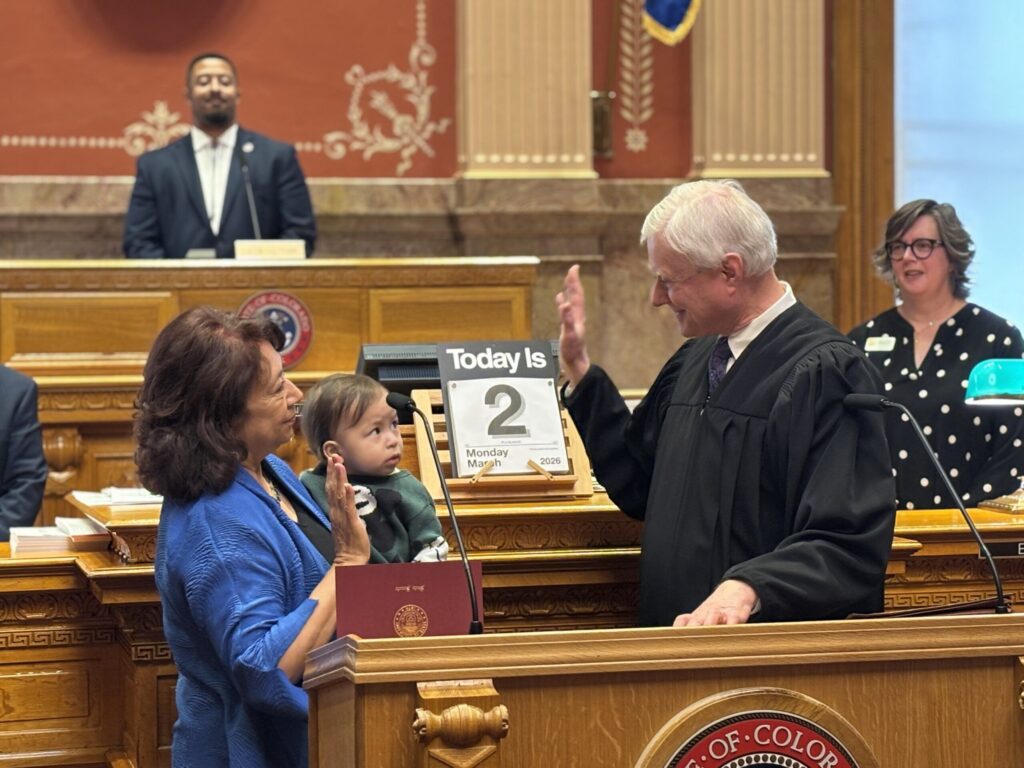YESTERYEAR: Astronaut turned would-be Colorado congressman memorialized
Twenty Years Ago this Week in The Colorado Statesman … A statue of Jack Swigert, Apollo 13 astronaut, was unveiled in Washington D.C., memorializing the fallen Coloradan in Statuary Hall. Swigert died from cancer in 1982 just days before he was to be sworn in as Colorado’s first elected Congressman from the newly created 6th Congressional District.
The resolution passed by the Legislature read: “Be it Resolved by the House of Representatives of the Sixtieth General Assembly of the State of Colorado, the Senate concurring herein:
“That John L. ‘Jack’ Swigert Jr., pilot, scientist, administrator, pioneer and explorer, who demonstrated heroism, political faith and passionate devotion to his country and who represents an ideal to all citizens of this state and nation, is hereby designated by the General Assembly of the state of Colorado to be honored and memorialized by a statue in the United States Capitol in Washington D.C.”
… Ten Years Ago … David Scags, director of the Colorado Department of Higher Education, when speaking about the June 2007 summit to examine funding alternatives for education, said that school presidents needed to establish goals for their institutions.
“Higher education has been asked for the last several years to do more with less,” Skaggs said. “We need to decide, if they get more, how will they do more?”
Colorado educators pointed to a study by the National Center for Higher Education Management Systems that found Colorado’s schools lagged far behind their peer institutions in terms of state funding.
Skaggs said the state spent less than half of the national average of other states. CU Regent Michael Carrigan said the funding shortfall, just to reach the national average, was $825 million.
Carrigan said Colorado could learn from other states, 38 of which have some sort of dedicated funding for higher education other than the general fund. Gaming revenue, severance taxes and special districts were among the most common sources of money from colleges and universities.
Sen. Chris Romer, D-Denver, briefly pursued and idea to privatize the Colorado Lottery, the revenue of which had become a chief target for college presidents. According to his calculations, the state could get an upfront payment of $2.2 – 2.6 billion from a private firm in exchange for selling the profits for 75 years. Romer withdrew his plan after limited debate before it was formally proposed.
Skaggs said the solution might not be a tax referendum. It might be feasible, he said, to support a referendum for another issue, like roads, with the goal that if that group got a new source of money, it would free up more general fund money for higher education.
Carrigan said one possibility might be creating a special district tax, similar to the one-tenth of a penny sales tax for the football stadium in Denver.
“If taxpayers are willing to build Pat Bowlen a stadium they sure as heck should be willing to pay for their children’s education,” Carrigan said.
Getting to the national average in a decade, Skaggs said, would require the state to find a new annual source of $100 million in revenue.
“It’s ambitious, but reasonable,” Skaggs added. “It sounds kind of modest, but it’s quite ambitious given where we are.”
Carrigan was less optimistic. He believed that getting to the national average probably would require too much of a tax increase than Colorado voters would find palatable.
“It would be a dream to get to the average – to get the $800 million,” Carrigan said. “Anything we can get would be better than what we have now.”











